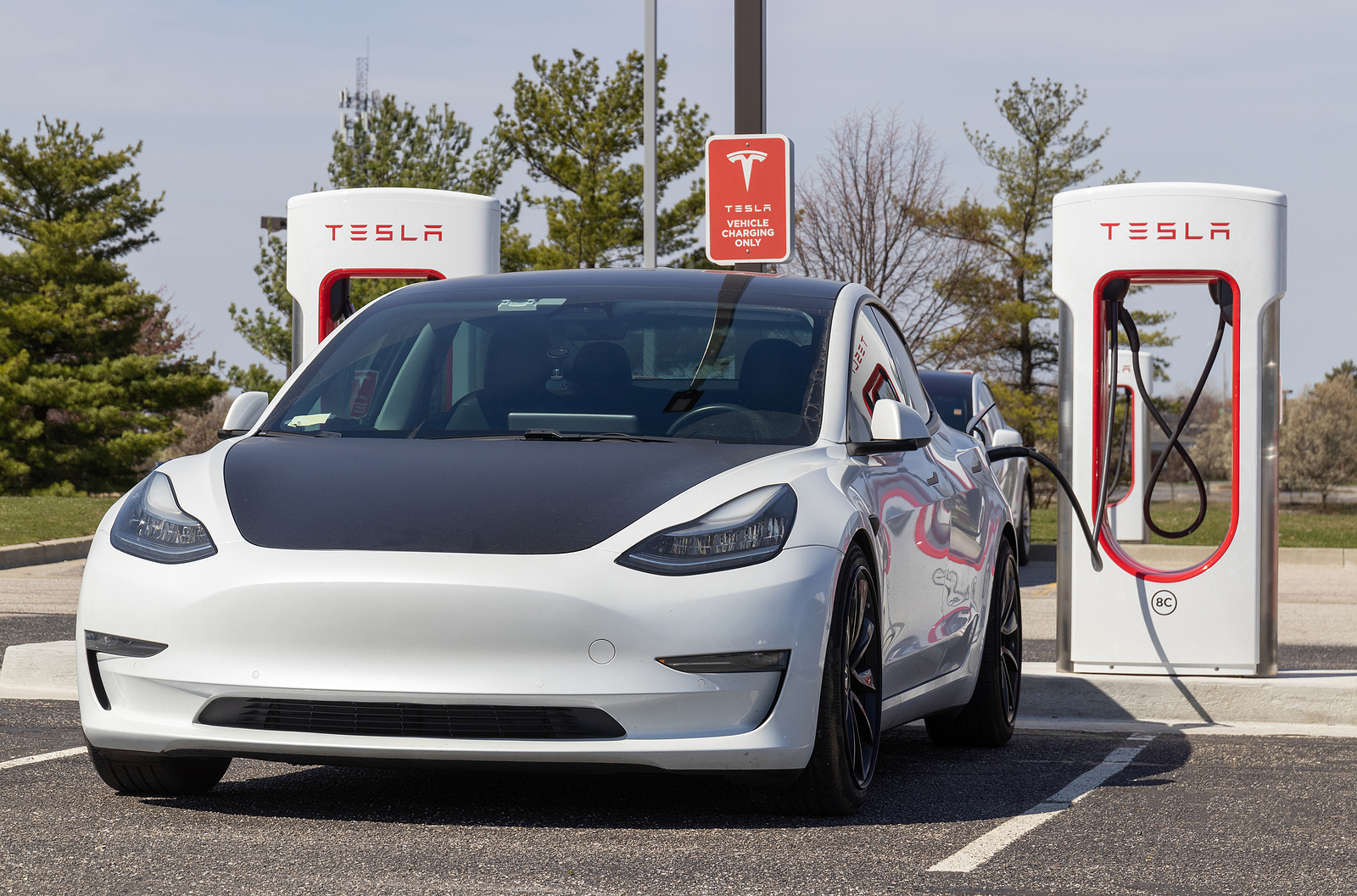We stand on the cusp of a new era, the Exponential Age. As we bid adieu to the linear progression of technological advancement, we find ourselves engulfed in a time of disruptive change marked by the rapid development and adoption of technology. Each successive wave of technology, from the onset of the Industrial Revolution to today’s emergent Artificial Intelligence (AI) capabilities, has adopted a progressively accelerated pace.
The trajectory of this age is shaped by breakthroughs that once took decades to mature and are now being adopted in mere years. The shift from the first steam engine’s inception to the internet took centuries. Then, the transition from bulky computers to the birth of the World Wide Web spanned five decades. However, the advent of smartphones took merely years, and the rise of blockchain and decentralized finance has progressed at pace over the last few years.
Today, we stand amidst the dawn of AI, which has witnessed phenomenal growth over the past six months. Moving forward, we anticipate the rapid emergence of advanced robotics, gene editing, revolutionary medical and vaccine technologies, and ultimately quantum computing, which promises to fuse near-infinite computing power with near-infinite knowledge within the next 15 years.
With such vast technological strides impacting every facet of our society, the energy sector, crucial to both our industrial and domestic needs, is poised for unprecedented changes. One such transformation is the increasingly prevalent shift to remote work, altering the dynamics of energy consumption and sustainability, especially within the UK.
As our world becomes increasingly digital, the demand for data centres is growing exponentially. These centres, which house computer systems and associated components, consume vast amounts of energy. As we continue to rely more heavily on cloud services, streaming platforms, and AI, the energy demand from data centres will continue to grow.

The transportation industry has already started on its journey of a major shift towards electrification. As more electric vehicles continue to hit the road, the demand for energy to power these vehicles will surge. While this is a positive shift in terms of reducing carbon emissions, it will put additional pressure on energy grids and increase the overall demand for energy. It is hoped that the industry will continue to innovate and two potential advancements to greatly improve the sector are;
Researchers are exploring solid-state batteries to replace the conventional lithium-ion batteries used in most EVs today. Solid-state batteries have a solid electrolyte instead of a liquid one, allowing for a higher energy density and enhanced safety. However, this technology is still in the research and development phase, and it’s unclear when it will be widely available. Practical considerations, such as the potential for rapid scaling, are being considered in the development of these batteries.
This technology involves using electromagnetic fields to transfer energy between two objects. The main challenge in the implementation of wireless charging is its current high cost. The technology is expected to initially be implemented in luxury vehicles and gradually expand to the broader market as production volumes increase. Some vehicle manufacturers are expected to launch vehicles with built-in wireless charging technology by 2024 or 2025, and other manufacturers are expected to follow suit in the following years.
The rise of IoT devices, from smart home appliances to industrial automation systems, will contribute to increased energy consumption. Although these devices often are energy-efficient, the sheer volume of connected devices will result in a considerable aggregate energy demand.
The Exponential Age is characterised by rapid advancements in automation technology. As industries increasingly automate their processes to enhance productivity and efficiency, energy consumption in the manufacturing sector is set to rise.
An integral part of this transition is the banking sector. Banks hold substantial amounts of commercial properties as collateral, creating a potential risk of asset devaluation in line with the decreasing demand for such real estate. We’ve seen a similar story play out in Europe in the past, and it’s a situation UK banks and especially US banks need to prepare for.
However, this interplay between the banking industry and commercial real estate is not just a source of concern but also an opportunity. The possibility exists for banks to reinvest devalued assets into sustainable energy solutions, providing a much-needed boost to the green energy transition.

Although it might seem counterintuitive, an engineered financial crisis could be an unlikely ally in our transition to a more sustainable energy future. By driving down inflation and interest rates, energy costs could be reduced, creating a more favourable environment for businesses and consumers to invest in sustainable energy solutions.
In this era of accelerating change, central banks hold an important key to energy sustainability. Their actions can potentially steer financial systems towards facilitating the green transition. By controlling interest rates and guiding the flow of investments, central banks can influence the pace and direction of sustainable development, turning the tide of the energy sector towards a greener future.
The concept of the “Exponential Age” suggests a rapidly changing global landscape, largely driven by accelerated technological adoption and innovation. Within this context, Central Banks and government policy can indeed play a crucial role in shaping the future of energy sustainability, particularly in the UK.
In recent years, we’ve seen mounting evidence of global central banks and governments understanding their profound influence on the market’s direction. It’s becoming clear that they’re making strategic decisions to help manage the debt burden and economic stability. This is evident from their coordinated actions in response to the financial crisis of 2008 and the subsequent use of quantitative easing to manage debt levels. In the same vein, they can use their influence and policies to steer the economy towards a greener and more sustainable future.
The theory proposed here is that central banks, in collaboration with governments, could pivot their focus towards renewable energy. Given the urgent need to transition away from fossil fuels to combat climate change, and the fact that renewable energy technologies are part of the exponential age of networked adoption, central banks and governments have both the motivation and the tools to drive this change.
This could take the form of preferential lending rates for green projects, or the central banks buying green bonds as part of their quantitative easing programs. Similarly, governments could introduce favourable tax policies and subsidies for renewable energy projects while gradually phasing out support for fossil fuel industries.
In essence, the same principles that central banks and governments applied to manage the debt crisis can be used to manage the energy crisis. By doing so, they would be directing the vast financial resources of the private sector towards renewable energy, thereby accelerating the energy transition in the UK and beyond. This is not a prediction, but rather a proposition on how the key macro players could leverage their influence to usher in a more sustainable future in the Exponential Age.

The drive towards green energy that we’re witnessing on a global scale isn’t just an environmental crusade. Undeniably, the preservation of our planet is a major impetus. Still, another less discussed yet equally compelling reason exists — a tremendous leap in productivity, which is often referred to as the ‘productivity miracle’. This phenomenon could potentially bring long-term stability to both the financial and energy sectors, creating a ripple effect that touches all facets of our society.
Let’s break down why the shift towards green energy is also a strategic play for skyrocketing productivity and economic vitality.
To begin with, transitioning to renewable energy sources means less reliance on fossil fuels, thereby reducing energy costs in the long term. As the cost of renewables like solar and wind power continue to fall, they’re becoming a more economically viable option for businesses. This change, in turn, helps companies boost their bottom line, which frees up resources that can be invested back into the business, fostering innovation and productivity.
Moreover, the green energy transition is set to spark a job boom. The renewable energy sector is labour-intensive, meaning it requires a substantial workforce to operate. As we expand our green energy infrastructure, jobs in manufacturing, installation, and maintenance of renewable energy technologies will grow in tandem. This influx of jobs contributes to economic prosperity and leads to higher overall productivity.
The rise of green energy also provides an opportunity for businesses to streamline and innovate their operations. For instance, Smart Grids are a part of the larger trend of digitalisation sweeping across the energy sector, propelled by the rapid technological advancements characterising the Exponential Age. These digital solutions, powered by renewable energy sources, provide real-time data and allow businesses greater control over their energy consumption, leading to optimised efficiency and productivity.
In addition, the shift towards renewables could spur advancements in technology and infrastructure. The need for energy storage solutions, for instance, is likely to drive innovation in battery technology, while the growth of electric vehicles will necessitate the expansion of charging infrastructure. These advances present additional opportunities for growth and productivity gains.
Finally, investing in green energy can boost a company’s public image, making it more attractive to conscious consumers and potential employees who value sustainability. Companies that are seen as environmental leaders tend to attract and retain top talent, which is a crucial factor in driving productivity.
Thus, the global green energy push isn’t just about saving our environment – it’s also about fuelling a productivity revolution. By creating a sustainable energy infrastructure, we are setting the stage for a more productive, competitive, and economically stable future. In this era of the Exponential Age, embracing green energy isn’t merely a nice-to-have – it’s a business imperative.
The implications of these rapid technological and environmental changes are profoundly affecting all aspects of business, finance, and energy use. Harnessing the power of renewable energy, and capitalising on the productivity gains it promises, are integral steps in navigating this era of rapid innovation and disruption.
As we move further into the Exponential Age, UK businesses, particularly those in the energy sector, face a dramatically shifting landscape. They must not only adapt to the new norm of remote work but also brace themselves for the swift currents of technological innovation and disruption. This includes the accelerated pace of technological advancement, with AI’s rapid adoption and the potential of emergent technologies such as quantum computing. In parallel, they need to adjust to increasing energy demands due to the growth of data centres, the transition to electric vehicles, and the proliferation of IoT devices. The implications are immense:
Navigating these rapidly changing landscapes is crucial for survival in this transformative epoch.
At Inteb, we stand ready to support UK businesses during this transformative epoch. We provide services to optimise energy costs, drive down carbon emissions, and ensure compliance with regulatory obligations, aiding businesses as they navigate the intricacies of the Exponential Age.
If this blog post resonates with you, we invite you to share it on LinkedIn and Twitter. For personalised insights into how your business can optimise its energy strategy during the Exponential Age, please feel free to reach out to us for a consultation.